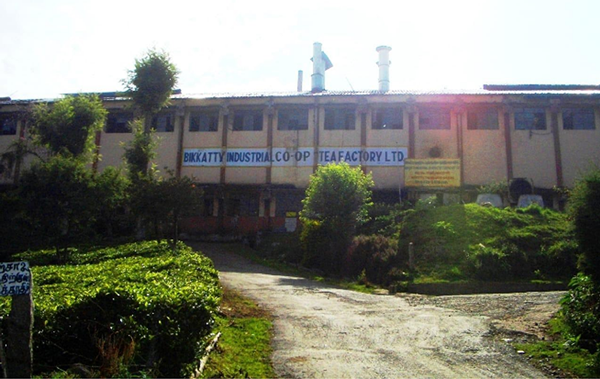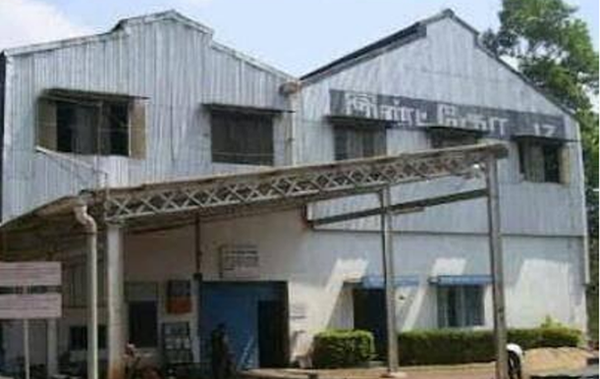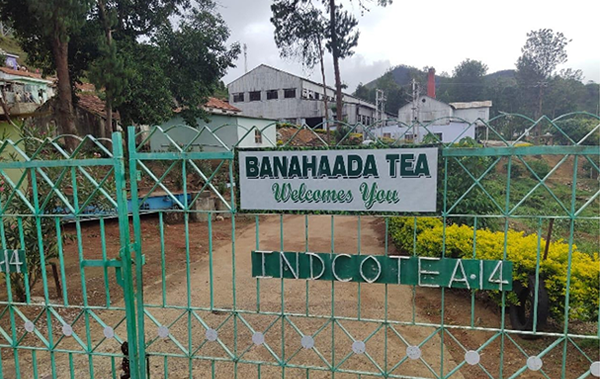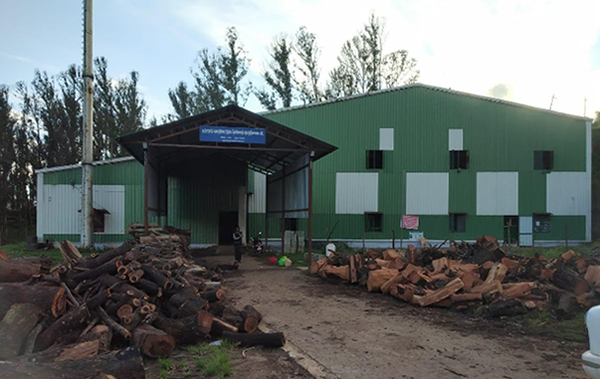Fairtrade NAPP is proud to announce the incorporation of India’s largest Tea Co-operative Federation ‘INDCOSERVE’, into the Fairtrade system. The Co-operative was set up in 1965 by the Government of Tamil Nadu with the objective of providing much-needed guardianship to small tea farmers in the Nilgiris- one of the oldest breath-taking mountain ranges in South India. Today it works with more than 30,000 small tea growers who have been with the Cooperative for more than 20 to 30 years and the enrolment of new members is a continuous process in the Cooperative.
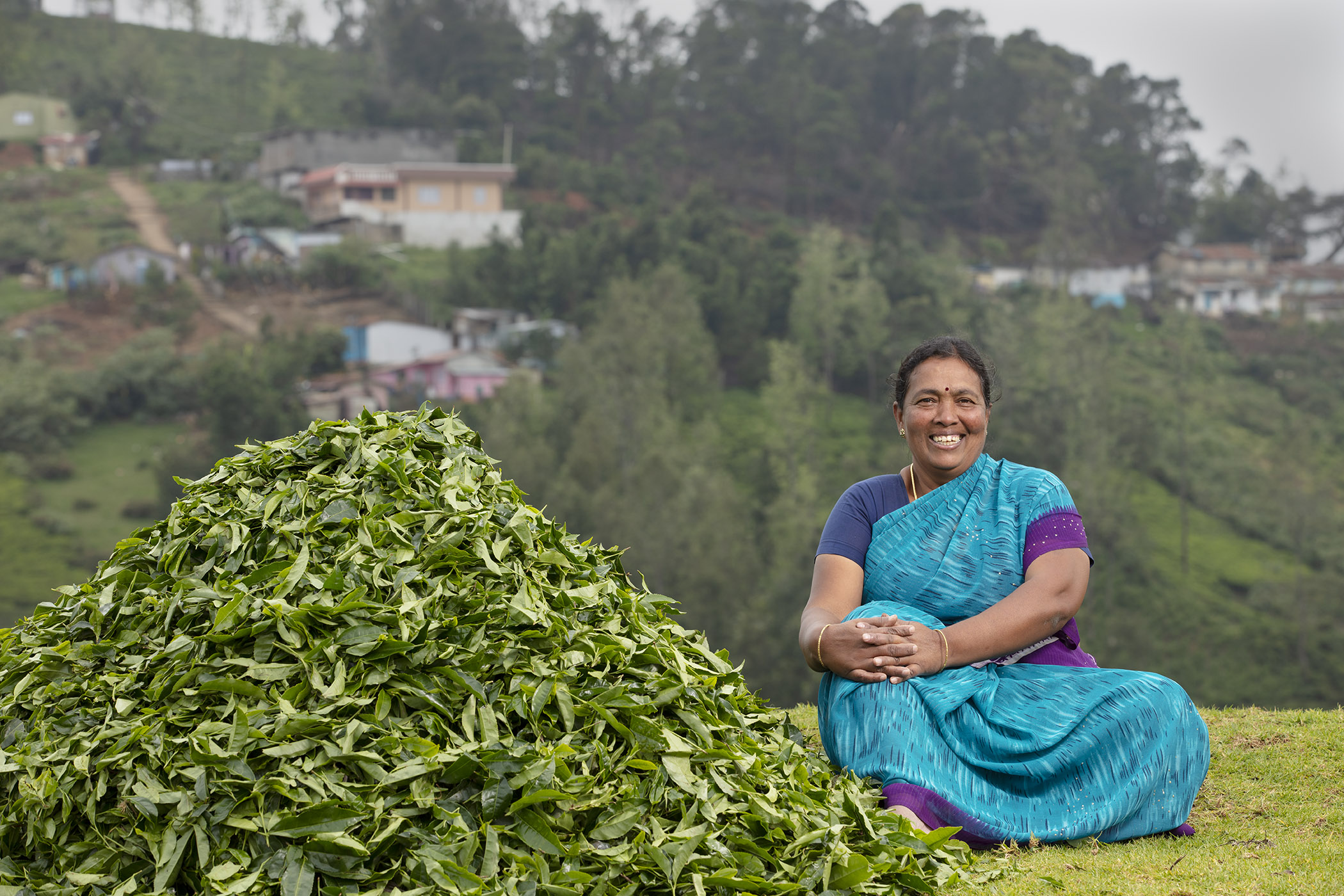
With a vision to emerge as India’s premier organization for tea and create a sustainable livelihood of the best quality for their small tea growers and their communities, the cooperative is committed to empowering them with access to information, training, and marketing thereby laying a strong foundation for a brighter future in the true spirit of the co-operative movement.
It currently owns a total of 37,000 acres of tea cultivation area. The value chain spans 16 tea factories and includes entire activities from sourcing green tea leaves to processing, warehousing, distribution, and trading. Each factory has a ‘Board’ headed by a small farmer. The factories had a total production of 13,274 tonnes of tea in the FY 2019-2020 and a total of 13,687 tonnes in the FY 2020-21.
Their bulk tea marks include Kundah Gold, Yedakad Premium, Blue Mountain, Mercunad Clonal, Mahalinga Gold, Manjoor Gold, Yellakandy Estate, Mistvalley, Mistvalley Marvel, Kaikatty Estate, Royal KB Tea, Salisbury, Salisbury Estate, Silvermist Gold, Banahaada premium, Bikkatty, Greenshola premium, Bitherkad premium and Nanjanad.
The branded teas that are retailed through online and offline channels are Bluemont Tea, Mountain Rose Gold Tea, Honey Hill Tea, Bedford Tea, Marlimund Premium Tea, Mountain Rose Tea, Mountain Rose Dust Tea, Blue Mont Premium Dust, Ooty Tea Gold.
The tea supplied through the Public Distribution System of the Govt of Tamil Nadu includes Ooty Tea and Ooty Premium Elaichi Tea.
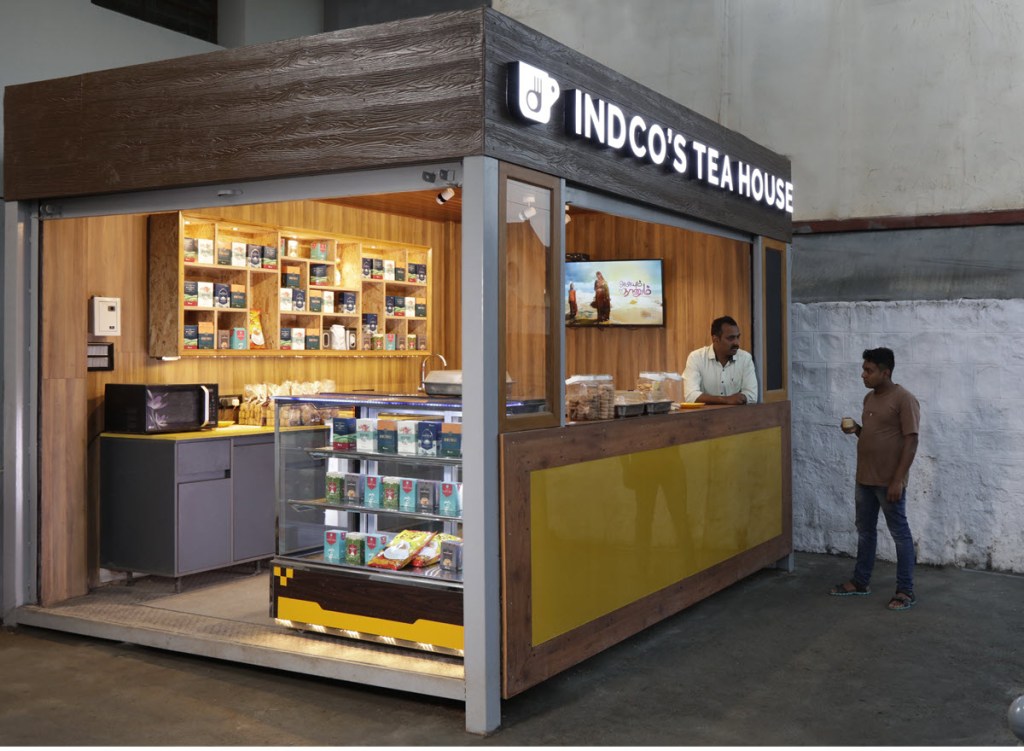 One of the unique concepts coming from a cooperative federation is also the opening of Indco Tea Houses at two of its estates and 04 metro stations in Chennai, South India.
One of the unique concepts coming from a cooperative federation is also the opening of Indco Tea Houses at two of its estates and 04 metro stations in Chennai, South India.
The 55-year-old federation had been running on loss for years together until 2019 when Supriya Sahu, a true visionary and an ambitious female leader joined to head Indcoserve. Within a span of 02 years, she came up with a new brand and new vigour, prior to which nobody knew INDCOSERVE as a brand or as an entity. She channelised the focus of the cooperative to produce quality tea that builds the lives of farmers and a better future.
‘Our ambition is to transform an organization that was a sleeping giant into one that can show the world that a small growers’ organization can be the best among the best,” She mentions during her interview in an online news blog

“I am amazed at the resilience of this cooperative that despite challenges it has survived, profitably and grown since its inception in 1964. A unique achievement probably, from an organization of this kind. And I am honoured to have this opportunity to take it to greater heights with the enthusiastic support of the members and the entire 30,000 fellow small tea farmers who have reposed confidence in me to help them make a better future. It is a big responsibility. I will do my best to live up to their expectations.
Supriya Sahu, Chief Executive Officer, INDCOSERVE
The Cooperative has been recently granted the Permission to Trade under Fairtrade, by virtue of which the sacrosanct pillars of Indcoserve – Representation, Cooperation & Coexistence are apparently strengthened for the greater social, economic, and environmental good.
Since it is a democratically elected institution and fundamentally a representative farmer producer organisation, the will to perpetually pursue initiatives that concern the collective development of all stakeholders is rooted in its very existence. The Fairtrade certification for the Cooperative means sustainability, traceability, and transparency along the entire supply chain that forms the center of ethical trade.
- For the persevering tea farmer, sustainability of their acreage would mean better long-term yield. The premium attained on their produce would translate into improvement of livelihoods of their farmers and communities.
- For the tea factory, adherence to international quality and management standards would result in increased productivity and enhanced reception of the output in the market.
- For Indcoserve, the apex organisation in this value chain, the marketing, trading, and distribution operations are bound to undergo a paradigm shift with an increased responsibility to foster professionalism among stakeholders by means of training and capacity building. The markets diversify leading to a global reach and appeal. Greater emphasis is placed on climate action.





